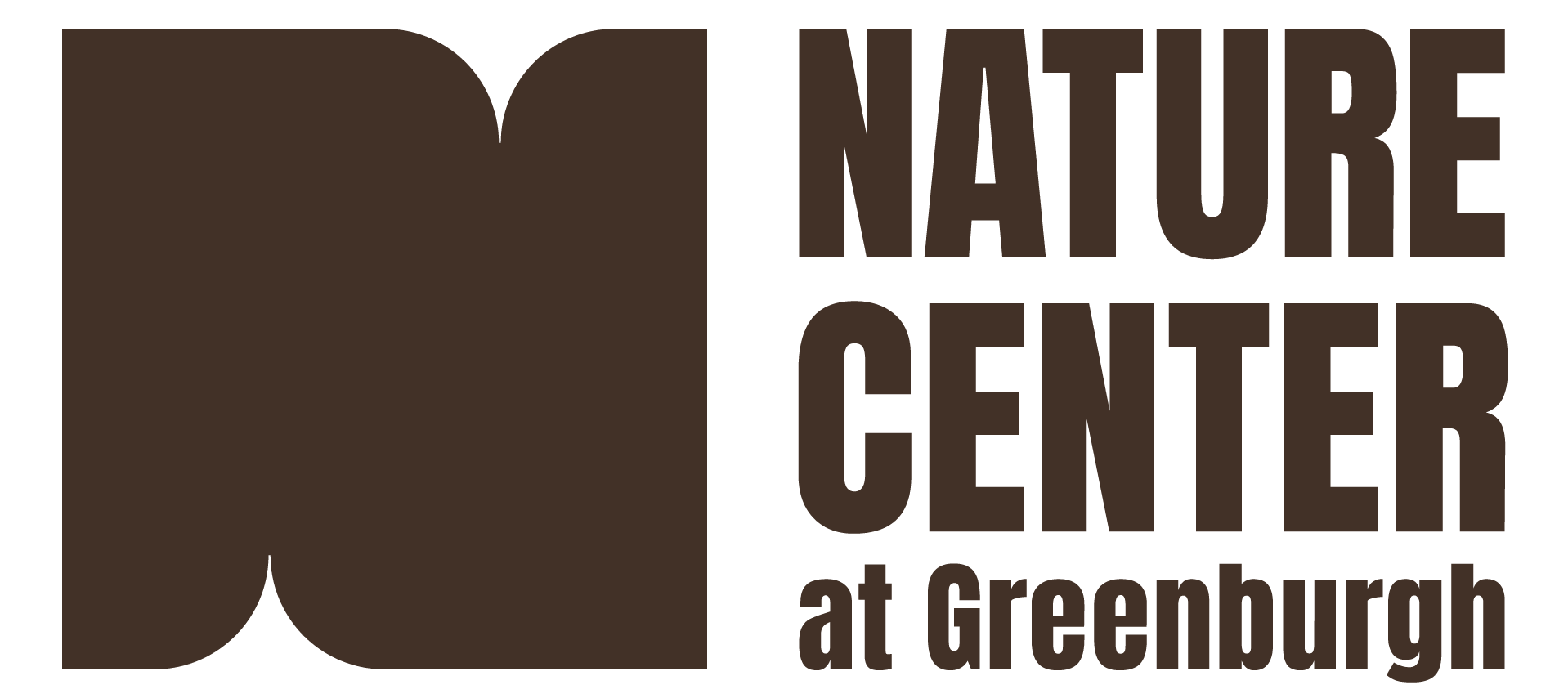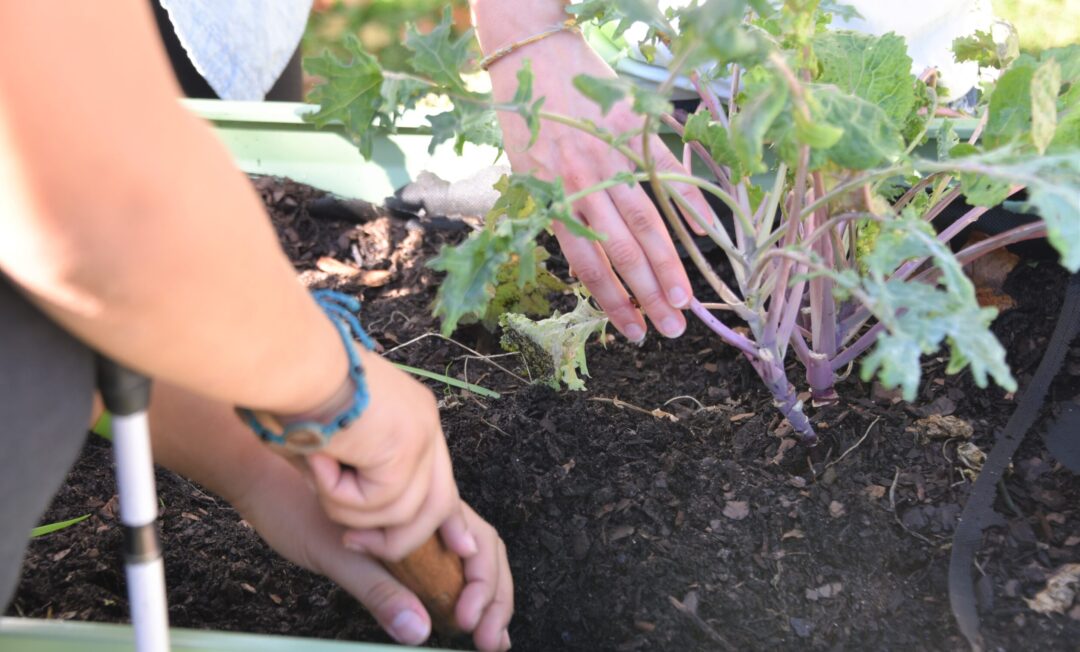School Garden Education and/or Installation
Whether you are looking to install a school garden or provide plant programs for your students, we can customize a program that works for you. Students will have the opportunity to plan, install and maintain edible or flowering plants, and will have year-long fun learning about all aspects of plants and gardens.
Ready to book your project-based STEM education program? Contact our Manager of Education, Noah, noah@naturecentergb.org, or call us at (914) 723-3470.
Have an existing school garden?
Does your school have an existing school garden that could use some love? Or would you like to use it as a teaching tool? We offer garden revitalization projects to get your garden up and running. The Nature Center has a variety of garden education programs that can be taught out of your school’s garden.
Want to build a school garden?
Want to see if your school has a space perfect for gardening? Our staff can help by conducting a survey of the space to determine what kind of gardens are best suited. From there, our educators can work directly with teachers and students to provide unique, hands-on experiences tailored to your needs. Not enough outdoor space to accommodate a garden? Ask about our hydroponics offerings! Perfect for schools that want to do more with limited space.
What we offer:
We can customize our garden builds and programming to fit most schools’ needs.
– Garden Builds for Sensory, Pollinator, and Vegetable Gardens
– Garden Refreshes
– Beehive Installation and Maintenance
– Environmental Education Programming
– Ongoing Teacher Support and Professional Development
When you become a Garden Scholars School, your students will not only be exposed to a variety of fresh produce, but a variety of exciting, seasonal gardening topics as well!
Sample Topics
Garden Intro – Students learn garden basics and safety guidelines. Together we plant seedlings and seeds.
Garden Planning – Seed selection is an important part of a productive growing season. Students will review crop growing time and match it with their favorite veggies to come up with the optimal mix for the organic garden.
Vermicomposting – Introduction to composting. Students observe the Nature Center’s indoor composter which uses red wiggler worms, nature’s ultimate recyclers, to turn food scraps and garden waste into nutrient rich soil.
Indoor Gardening: Seed Starting and Edible Sprouts – Get a head start on the growing season by planting seeds indoors with the plan to transplant the seedlings in the garden when the soil warms.
Seed Dispersal – All plants rely on some sort of seed dispersal for survival. Students will learn the various types of seed dispersal and meet the animals responsible for seed dispersal in our area.
Planting the Garden and Setting Up the Compost– The culmination of the students’ garden planning, seed starting, and soil prep. Students will remove winter cover crops and mulch from the garden beds which will be the start of the school compost pile. They will also direct sow seeds and transplant seedlings into the garden.
Bees and Pollination in the Garden – Seventy out of the top 100 human food crops — which supply about 90 percent of the world’s nutrition — are pollinated by bees. Students will have hands on experience with real pollen, wax comb, and an empty hive, as well as a taste testing of fresh honey, all donated by the generosity of our honeybees.
Garden Invaders – Weeds and bugs can hinder the growth of our garden vegetables. That’s why our gardeners will get an early start on the identification and removal of undesirable plants and pests. We will replace open soil with lettuce seedlings.
Fall Harvest and Crop Planting – Pluck the leaves of fall kale, plant garlic and potatoes, put the garden to bed by planting cover crops and leaf mulching.
Who already has a Garden Scholars school?
Highview Elementary
At Highview Elementary in Greenburgh we installed three raised garden beds. During two school-wide education days for 2nd-3rd grade students, we planted their garden, taught about pollinators, seed dispersal, vermiculture and harvested and taste tested their produce.
New York Institute of Special Education
For two years the Nature Center has been providing garden education to the 1st-12th graders at the New York Institute of Special Education in the Bronx. We provided a garden build that includes 4 garden beds for vegetables, two hydroponics growing towers, and a designated area for pollinator plants. We continue weekly education through the spring, summer, and fall that includes garden care, seed starting and planting, pollination, garden critters, harvest and taste tests and more.
Colonial Elementary School
For the Spring and Fall, we have worked with the kindergarten through 3rd grade students for lunchtime enrichment programming. Students utilized the school’s outdoor educational spaces and gardens to learn about seeds, animals, and do seasonally appropriate garden planting.

